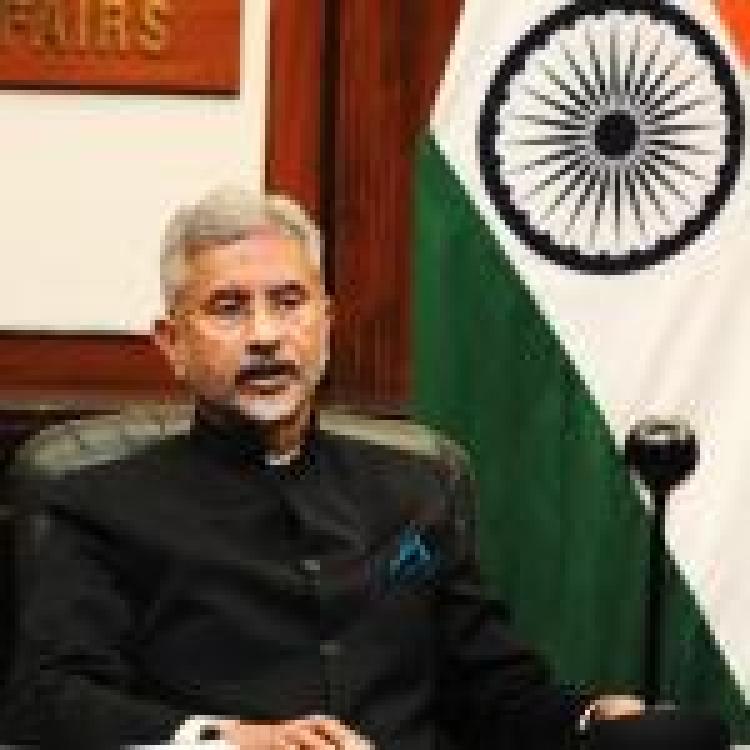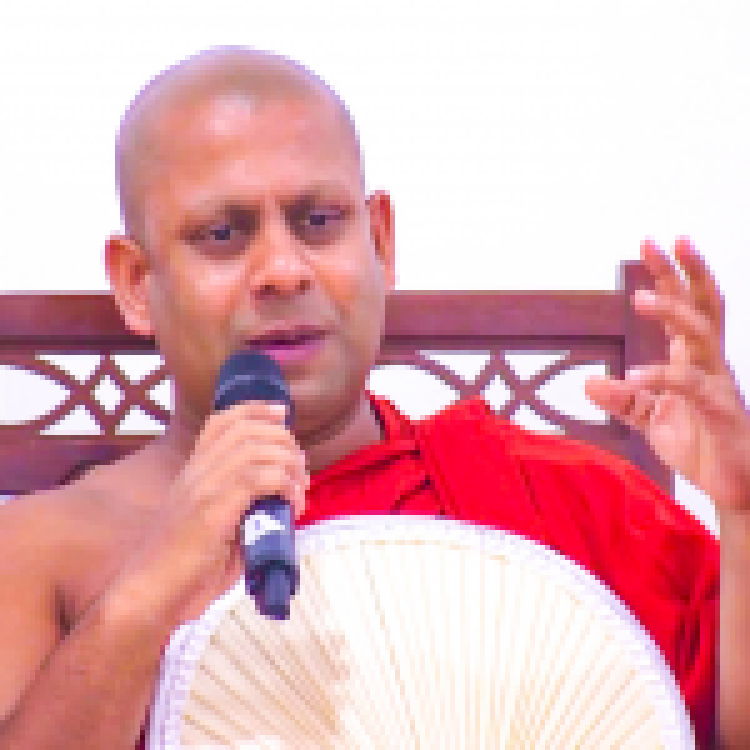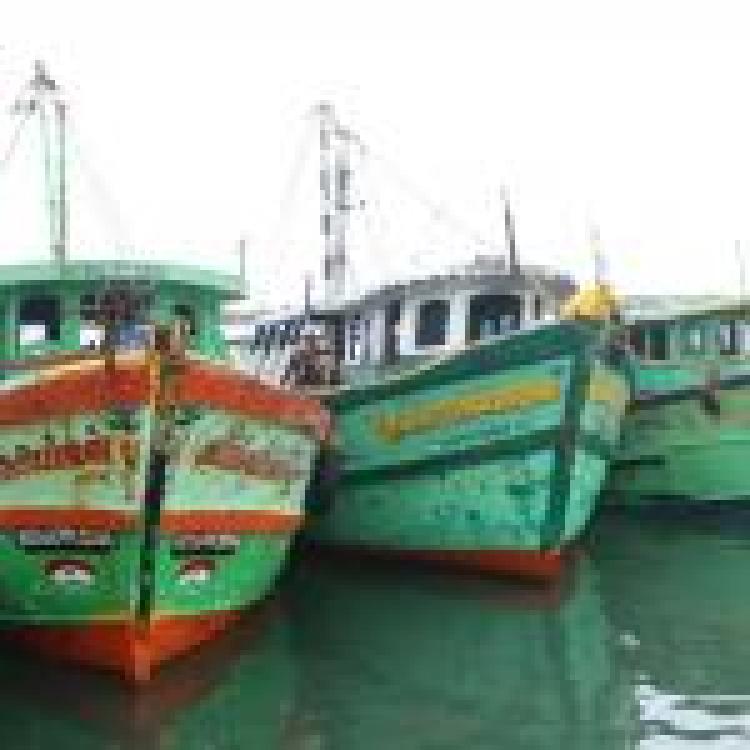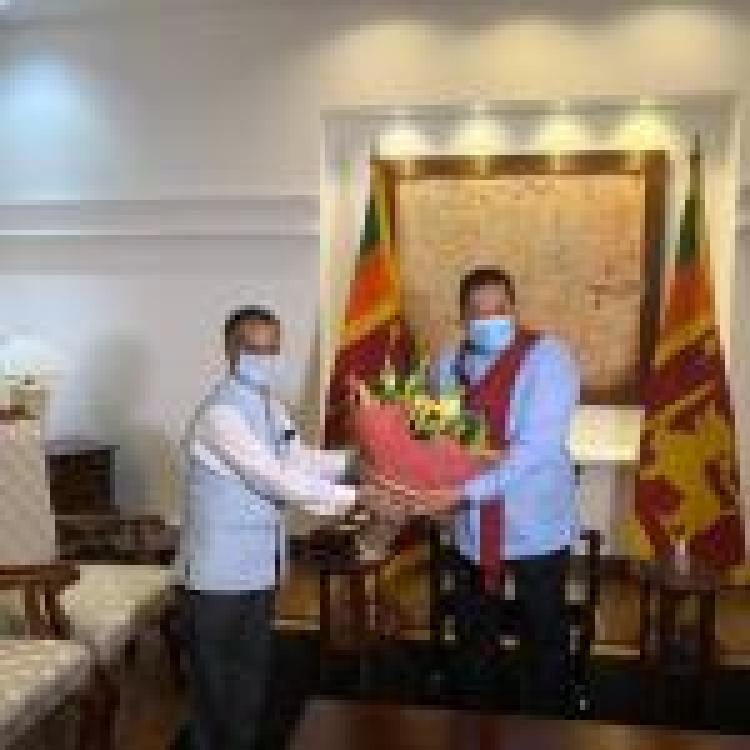.jpg)
India’s High Commission has reportedly rejected an extension to a $400 million currency exchange agreement, set to expire on 1 February, stating that it would be impossible unless “Sri Lanka having successfully negotiated staff-level agreement for an IMF programme”.
This report follows escalating tension over the Rajapaksa’s sudden withdrawal from the East Container Terminal (ECT) project, responding to Sinhala nationalist demands. India’s External Affairs Minister, Subrahmanyam Jaishankar, has insisted that Sri Lanka must abide by the Memorandum of Cooperation agreed upon by Sri Lanka, India, and Japan on 28 May 2019. The ECT is worth an estimated $700 million dollars.
Commenting on reports that the denial of an extension was retributive, a spokesman for the Indian High Commission explained that the initial $400 million currency swap was agreement on 24 July 2020 under the SAARC Currency Swap Framework. The swap was facilitated on the 31 July 2020 for an initial period of three months and a 3-month rollover was provided lasting till the 1 February 2021. The spokesman further stated:
“Further extension would require Sri Lanka having a successfully negotiated staff-level agreement for an IMF programme, which Sri Lanka does not have at present. CBSL settled the swap facility with RBI as scheduled and this was clarified by CBSL on 05 February 2021”.
India’s External Affairs Minister has also raised concerns over the plight of Tamil Nadu fishermen follows the deaths of 4 in Sri Lanka. The Sri Lankan Navy is alleged to be complicit in their deaths.
Read more here: Indian Foreign Minister condemns killing of Tamil fishermen by Sri Lanka’s Navy as ‘unacceptable’
In the spokesman’s statement, he concluded that:
“India abides by all of its international and bilateral commitments in letter and spirit”.









